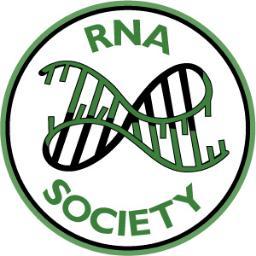Poster Presentation
tRNA, ribosomes, Translation, Synthetic biology
Public Summary
Selenoproteins are essential to human health, with functions ranging from defense against oxidative stress to regulation of thyroid hormones. Out of the 100,000 different proteins in our body, only 25 selenoproteins contain the 21st amino acid named selenocysteine. To study the unique chemical properties of selenoproteins stemming from its selenium element, it is necessary to produce selenoproteins in high quantity and quality, most commonly done by expression in E. coli bacteria. While selenoproteins are found in all kingdoms of life, the complicated mechanism of selenocysteine incorporation into newly synthesized proteins is species specific and makes it impossible to express human selenoproteins directly in E. coli.
In this work, we engineered a new tRNA, able to incorporate selenocysteine in E. coli into each protein we design, even unnatural sequences. We selected an allo-tRNA that possesses an unusual structural feature named tRNAUTu1, a non-native substrate to the E. coli ribosome with unknown translation efficiency. Using single molecule fluorescence and cryo-electron microscopies, we were able to pinpoint a single point mutation that modulated the function of this tRNA and led to an increase in recombinant protein production. Furthermore, this study highlights the power of combined dynamics and structural analyses for improved tRNA engineering.


